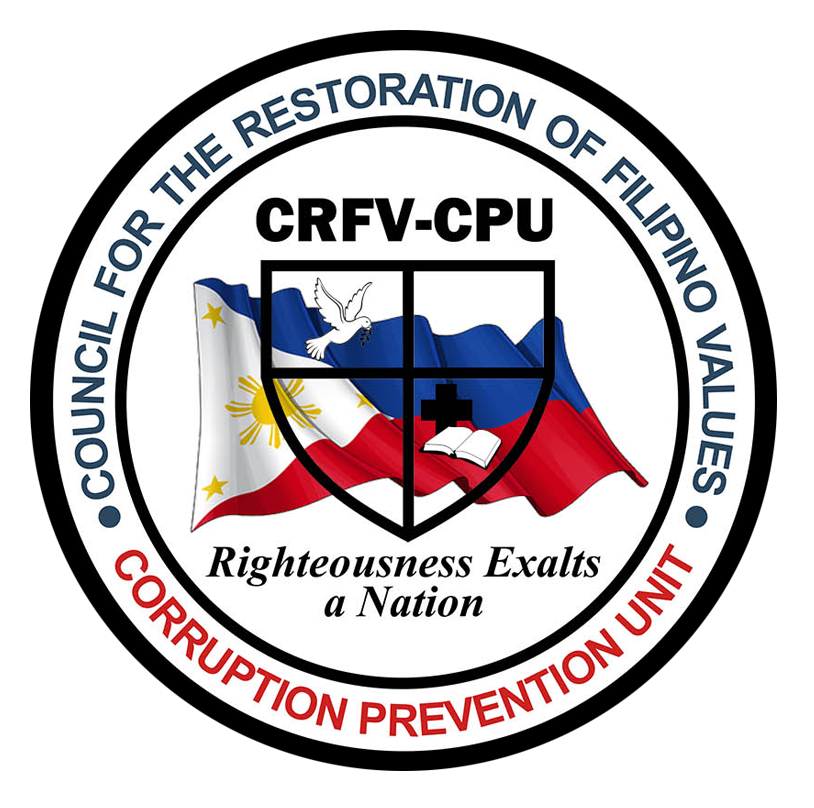|
by: Nathaniel A. Saquiban Value for work refers to our attitude towards work. It means putting value or giving importance to our duties and responsibilities even if nobody sees us and in the absence of a reward. Normally, it starts with a perspective. If we consider our work as one of great value, we will put significance to it, make time with it, or prioritize it. It means that we cannot just sacrifice our work in exchange to something less important. We cannot procrastinate. Instead, we put our time, strength, skills, and talents into it. We give our best and in effect, we will be giving the best service to the public as well as to God.
As mentioned, it starts with a perspective. How do we see our work at this moment? Do we see it as a mere livelihood or source of income? Normally, jobs are meant for compensation. However, if our tasks become a daily routine, we get bored and eventually, we lose our interest. Consequently, we do not put our energy into it. It is best that we regard our work in a higher perspective. We must consider it as a call so that we will find meaning into it and it will be meaningful to us. It means that we view it also as an act of service unto God other than for wage or salary. In all endeavors, especially in public service, excellence is demanded and expected. We cannot do things haphazardly especially if the nature of our job may cost lives the moment it is done below the standard. However, even if our job is not that of a very critical nature, we cannot afford to give disservice to the public. The standard of public service is high and lowering it down deliberately may result to conduct prejudicial to the interest of the service which is an administrative offense with corresponding penalty. The Code of Conduct and Ethical Standards for Public Officials and Employees is extant in its requirements. “Public officials and employees shall perform and discharge their duties with the highest degree of excellence, professionalism, intelligence and skill. They shall enter public service with utmost devotion and dedication to duty.” Value for work is essentially having sense of responsibility. One who has the willingness to sacrifice or forego personal appointments and agenda. As the same Code requires, it is upholding public interest over and above personal interest. It is discharging one’s duties with utmost responsibility, integrity, competence, and loyalty. Looking into the provisions of said law, it did not literally state value for work. However, it indirectly enforces the observance of this value. Moreover, even in the absence of the law, it is the oath or commitment of every public servant to render efficient and effective public service. In the corporate world, value for work is imperative because a business may lose revenues in case of customer dissatisfaction. In the same manner, there is corresponding penalty for lack or low performance upon notice and hearing. Both in public and private sector, there is a compelling reason to perform well. However, it is still best to be exceptional in all fields of endeavor at all times, not because of penalty for inefficiency, but because it is our value or attitude. It is in view of the fact that what we are doing is not only for ourselves but for the succeeding generations to come. We must therefore say to ourselves, “We have value for work because we care”.
0 Comments
by: Nathaniel A. Saquiban Concern is likened to thoughtfulness. It is showing kindness and love towards somebody or something. It is one of the fundamental characteristics of a person who cares. Normally, those who have concern are stakeholders over something because they will be affected of the positive or negative outcome of an action, activity, or endeavor. Naturally, a citizen of one’s country should have concern over his or her own country. Sadly, some citizens of our country do not show concern over things under their control. Rather, they take advantage of our nation’s future and exploit the resources of our country. They are driven by their selfish desires rather than contributing for the better future of the country.
How then can we show concern as a citizen of the Philippines? There are many ways by which we can show concern. Let us first start among our nearest area of influence. Let us start within our family. If we love our family members, we will sacrifice for them and make time with them. We will invest into their lives, not only with financial resources, but time and effort to give them a good future. We will instruct our children the way to holiness so that they will know how to conduct themselves properly as they grow up. We will not let our home be filled with negative atmosphere. Instead, peace, love, and joy will reign in the hearts of our loved ones. Second, we reach out to our neighbor. We show concern to our neighbor by looking into their plight and welfare. We will not do things that will adversely affect them. As the law tells us, every person must, in the exercise of his rights and in the performance of his duties, act with justice, give everyone his due, and observe honesty and good faith. It means to say, by simple illustration, we will not create a nuisance in our neighborhood in the exercise of our rights even if it is our birthday celebration as the case maybe. We will not sing loud at night if it will disturb their peace. We will not dump our garbage anywhere if it will create pollution to our surroundings. We will observe the easement rights of our neighbor if necessary. Our neighbor includes our colleagues or co-workers in an office. If we have concern over them, we will not spread unfounded rumors against them. We will not engage in character assassination that may destroy their working morale. If we are the boss, we will not be tyrant and arrogant that will create fear, undue stress, and panic to our subordinates. If we are the subordinates, we will accurately follow the instructions of our boss to avoid mistakes and lessened the burden of our superior. Third, we can show concern to our city, municipality, province, and to our entire nation by taking good care of the natural resources of our country. We will abide with proper waste disposal. We will not simply cut trees even if they are within our property. We will be responsible citizens by abiding with the existing laws, rules and regulations. We will not participate with the existing malpractices in the workplace as well as any form of graft and corruption that naturally retard the economic growth of the country. We will help address the perennial problems in the society by supporting advocacies that bring long-term solution to them. There are many ways by which we can demonstrate concern and observe it in our daily life. It is very easy to apply. If we have concern for ourselves, we must have concern for others. Just simply apply the Golden Rule. Do unto others as you would have others do unto you. by: Keren May B. Busaing Our lives, by nature, are filled with encounters and experiences that we sometimes wonder what's the point of overcoming them? One goes through intense challenges and barely survives and the next person goes through his own trials and wins, while some other fails. Why must we overcome and why do righteousness need to prevail? What does it take to overcome all these difficulties and come out victorious?
Called to be Values Restoration Officers and advocates of righteousness in our areas of assignments, the role and the task to uphold what is right, just, and true, are among the things that are expected from us. What does it take to stay true to our calling - unwavering and firm? In the midst of all the confusion and chaos, do we have confidence in the things we are hoping for and assurance of victory even if we don’t immediately see the results that we expect to see? If we say yes to this question, then yes, we have what it takes to take our calling to the end. We have faith in God and His ways and it is sufficient. For if we operate in faith, His grace will be activated and operational in our day-to-day lives including the occurrences of wonders and miracles around us and through us. Imagine living this way as we fulfill our assignments to advance righteousness within and even beyond our spheres of influence. Knowing and believing that whatever obstacles we have to go through, goodness which is what we all want shall prevail. Victory is our portion and the things we are praying for in our lives, family, community, and agencies, as long as we operate in faith, will come to pass. In this case, let us not see faith just as a mere word that can inspire us whenever we are facing difficulties. Let us understand that faith is power. Therefore, let us desire to have faith and operate in faith. Without it, many of our labors, even if inspired by our good motives, can be useless or will just produce the minimum results. If the same amount of labor is exerted and we are operating in faith, the output has the potential to multiply and more goodness will result from it. Understanding that faith is essential and is necessary in our foundation as believers and doers of righteousness, let us work out the establishment of faith in our innermost being:
There are more ways and examples of staying strong and working out our faith in God; let us keep our burning desire to possess the kind of faith that can sustain us in fulfilling our assignments. Moreover, let us desire to grow in faith so that God can entrust us with more. As Values Restorations Officers, we are already operating beyond our personal lives and outside our family members. This level of advocating God’s righteousness and hoping to impact the agencies we represent requires a higher measure of faith and it is surely our portion. Our great faith is sufficient. The Lord trusted us to be appointed as VROs and He knows that we can do it. In conclusion, let us be assured and believe that we can, indeed, do it! by: Mr. Jesus V. Sison How serious are we about the tasks in our lives, including obedience to the will of God? How diligent and focused are we?
“Whatever your hand finds to do, do it with your might;” King Solomon reminds us that in all things at all times, we have to give our best before it’s too late and we regret the results of our actions. We cannot afford to carelessly plan and execute things. It is costly to make mistakes especially when half-heartedly planned and indiscriminately implemented. It simply says that we have to do everything to the best of our ability with utmost focus and dedication. We often hear “due diligence”. In the corporate world, due diligence is an investigation or performance of review to confirm details and making facts matter. It is an audit of both financial records and company performances including management and the people within. Translating this into our everyday work, since we are required to make decisions and actions, it is vital to look at data and scrutinize details. In doing so, we can identify concerns and start to clarify things that require prioritizing. Acting to clarify concerns will cause us to be open on its current and future impacts, that in turn will generate strategies that includes involvement of key people in implementing planned actions to address issues. It will also help us identify potential problems and opportunities in the future. Having diligence with focus help us perform excellently. It will make every effort productive that people around us can really say that we are reliable. It will encourage people because they see that we are determined not to fail them. This thought might be putting pressure on us but it’s inevitable for others to have built their lives around us. We should understand that even if the task is laborious as well as tedious, we are setting a pattern and standard for others to follow. This is the kind of attitude we have to put forth in the workplace because there are many people who feels entitled, believing that they deserve maximum pay with minimum effort. Further, diligence with focus is also an important component in the promotion of good governance. We can reinforce sound practices to address corruption risk actions because we pay close attention to details, we stick to compliance mechanisms and remain focused on the goal. Thus, we influence people to become a better version of diligent and focused individuals. Diligence with focus projects responsibility and reliability. It also expresses a disciplined and excellent life. Jesus Christ tells us, “Blessed is that servant whom his master, when he comes, will find so doing. Assuredly, I say to you that he will make him ruler over all his goods.” As God entrusted us with so many things that include resources, power and authority, we have to exercise diligence with focus and not be caught in idleness. The Almighty God expects conscientiousness from us. Being assiduous is very rewarding that the Lord promised that we will have our own and receive true riches because we show how responsible and faithful we are on all the things given to us under our care through diligence. Finally, we see that firm practice of diligence to the end leads to the ultimate prize. As Jesus promised “Be faithful until death, and I will give you the crown of life.” by: Atty. Carolina Lim-Gamban "Everything is pure to those whose hearts are pure. But nothing is pure to those who are corrupt and unbelieving, because their minds and consciences are corrupted.” These are the words of Saint Paul to Titus as Paul gives instructions how to live a life worthy of our call – one that is pleasing before God.
Nowadays, with the chaos, corruption, and different kinds of immorality happening all around, one is bombarded with temptations to do some things that are not right before the eyes of God, the law, and the people. When these happen, purity is our best defense. Purity will allow us to resist the temptation because it has no hold on us or strings attached to us. For instance, our pure and genuine love for our spouses will deter us from any thoughts of cheating or even in entertaining any other man or woman that can destroy our marriage. Thomas Kempis said that, “He who loves with purity considers not the gift of the lover but the love of the giver.” As we value the sanctity of marriage, both the husband and wife, as partners, will protect the family from any intruders or homewreckers. “Marriage should be honored by all, and the marriage bed kept pure, for God will judge the adulterer and all the sexually immoral.” This reminds us that impurity in marriage shall have a negative, if not tragic, consequences. Purity will also guard us from the temptations of misusing the money that is entrusted to us, and protect us from greed that will further lead to corruption. When one malverse the funds of the people, purity is not within. When one functions as treasurer, finance officer, or disbursing officer, there is greater accountability as people or the Authorities put their trust to the holder or keeper of moneys as good stewards. It is a blatant disregard of duty when these accountable officers are the ones who misuse or malverse the funds since they should be the one protecting the purse, first and foremost. When this happens, one holding the public office may be dismissed from service, or worse, be imprisoned. Republic Acts numbers 3019 (Anti-graft and Corrupt practices Act), 6713 (Code of Conduct and Ethical Standards for Public Officials and Employees), 9160 (Anti-Money Laundering Act) and the Revised Penal Code, are just some of the laws that we can reflect on to do away with public officials mishandling funds. For private entities, estafa, and the abovementioned laws may be applicable if they are in connivance with the public officials. If we are clean in handling finances, there is no need to worry. Anytime we are audited, it is cleanly transparent and transparently clean. Purity will also cause our hearts to be on check as we reflect if we have done something that offended other people or if we have done something that ran contrary to our conscience. Without purity, our conscience may be seared and it would be difficult to distinguish the right from the wrong. With purity, our steps will be properly guided because we only hold on to the truth, to what is right, and to what is blameless, making our moral compass to point to the True North. We then, encourage everyone to cleanse our selves from any impurity. If we have committed some things that are not pleasing before God’s eyes, let us ask for God’s forgiveness and mercy. Turn back from our wicked ways and return to what is right, godly, and pure. It is written that if we cleanse our selves from impurities, we will be instruments for special purposes, made holy, useful to the Master and prepared to do any good work. Let us then be vessels of purity, vessels of honor, fit for the Master’s use. |
CRFV Winning TeamA company of men and women who have committed their lives to the cause of national transformation. Archives
July 2024
Categories
All
|
Our Services |
Our Organization |
SupportSupport Page
FAQ Terms of Use |
Copyright © 2015 | Baguio City, Philippines 2000 | 074-424-1497 | [email protected]

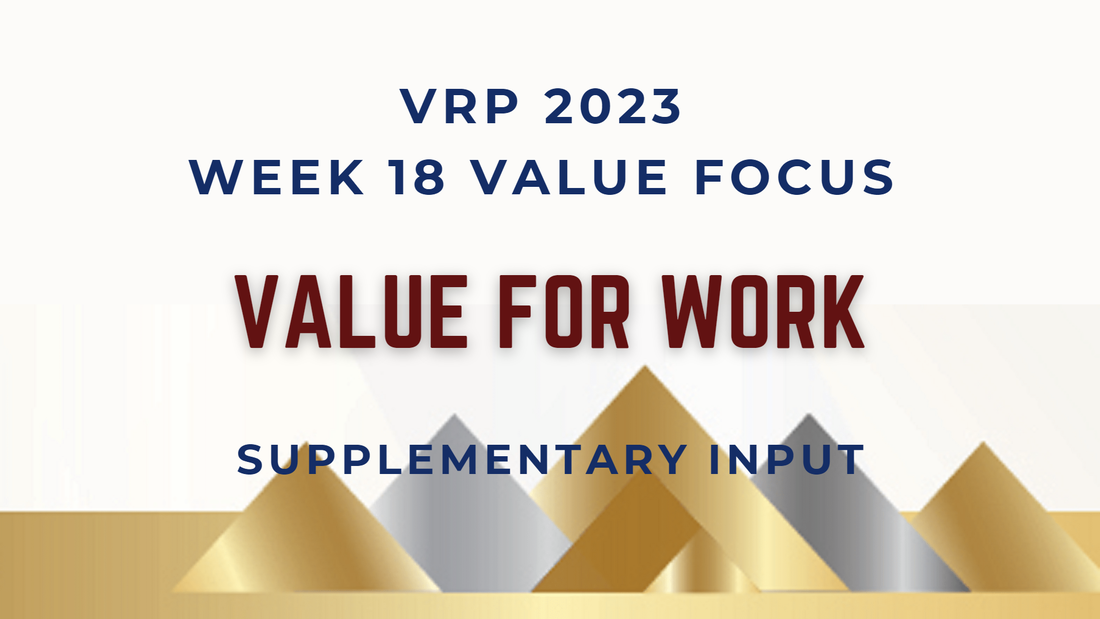
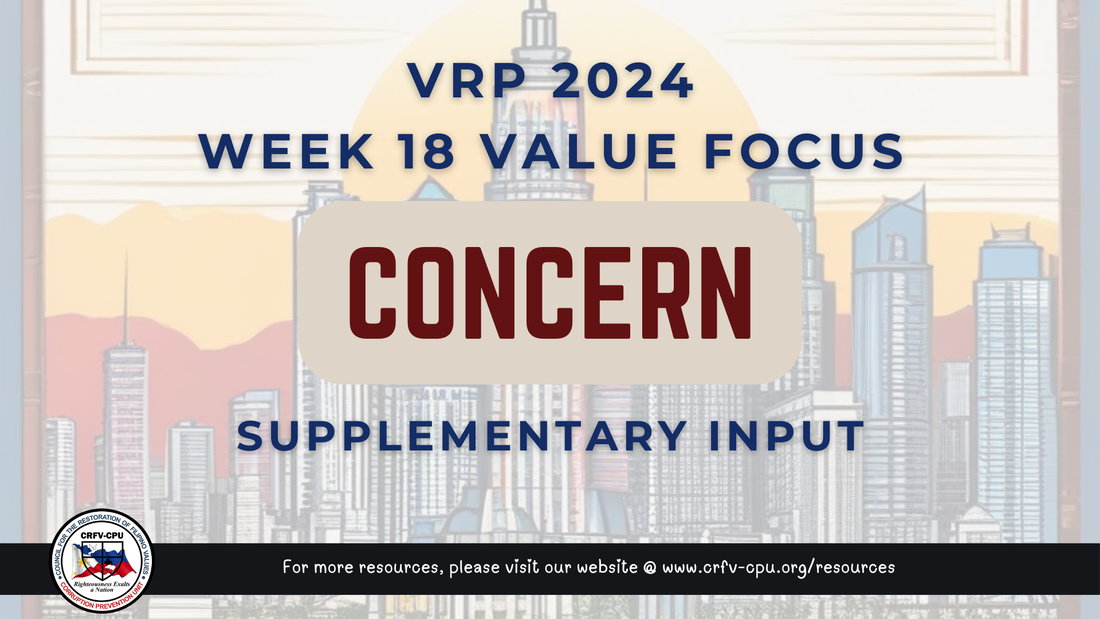
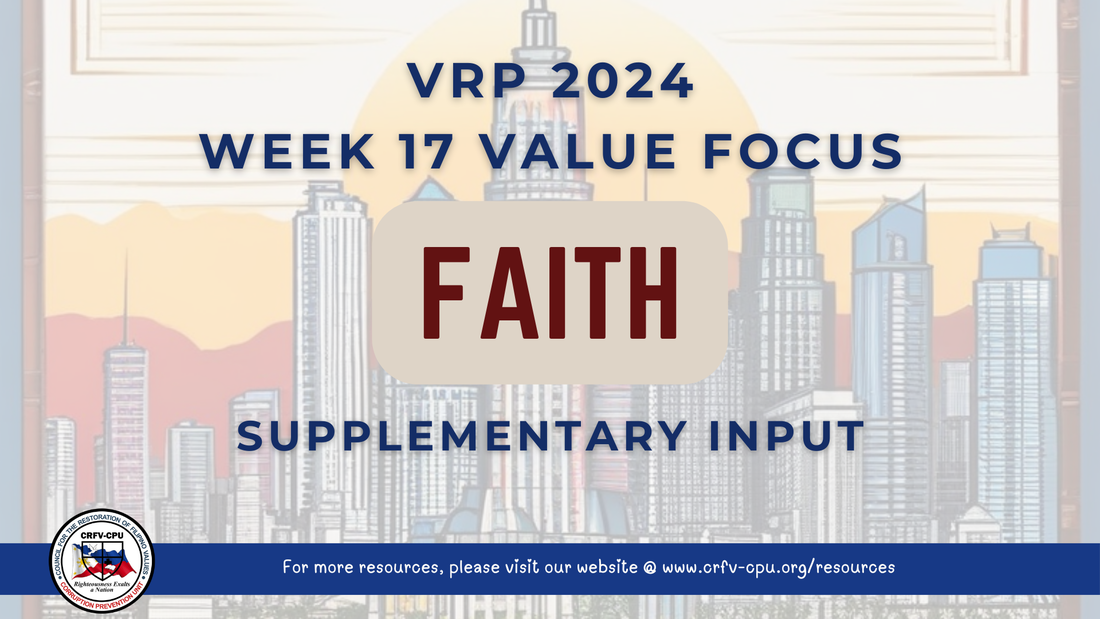
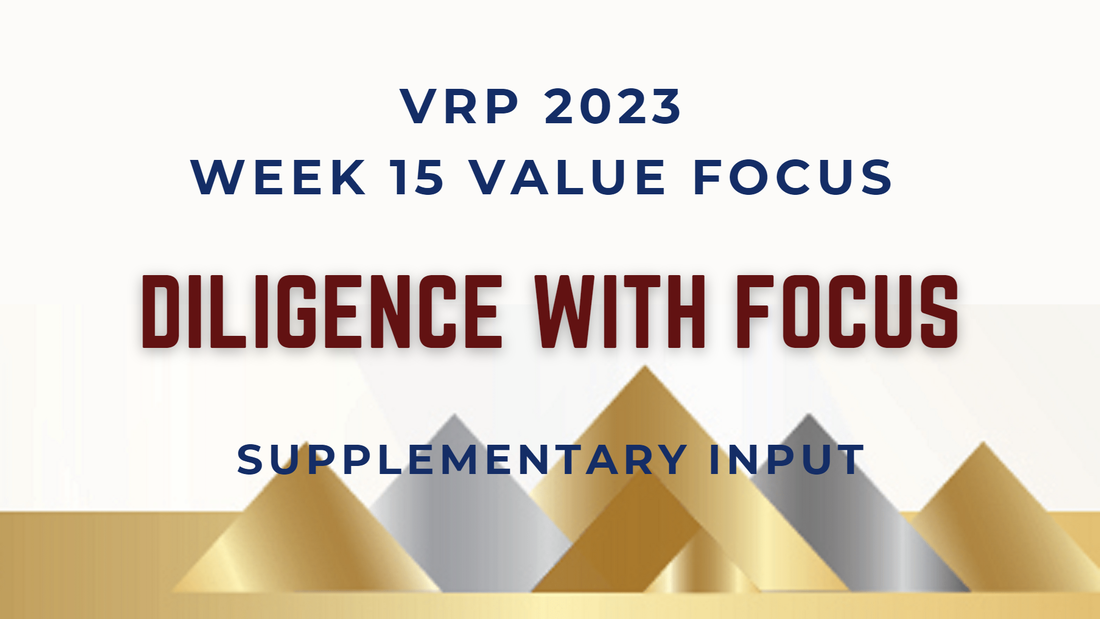
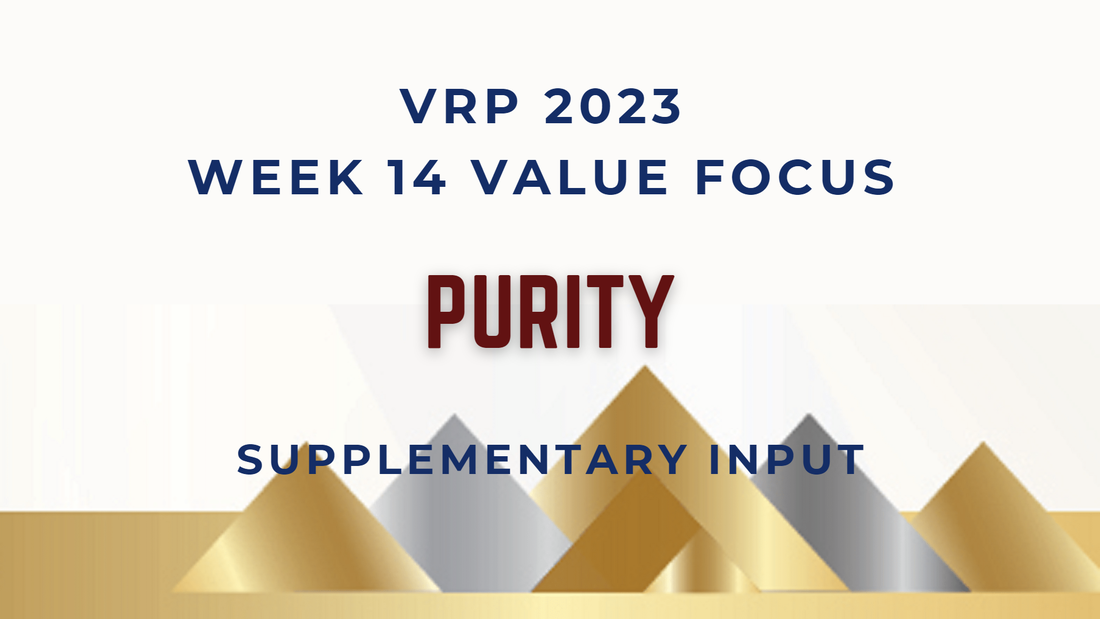
 RSS Feed
RSS Feed
